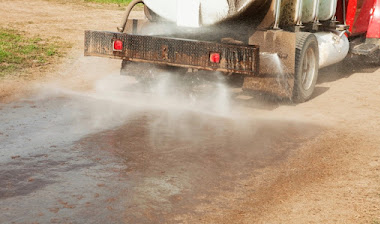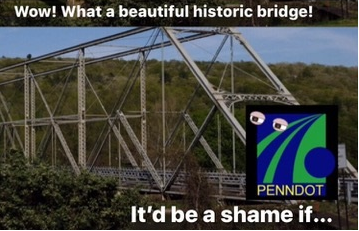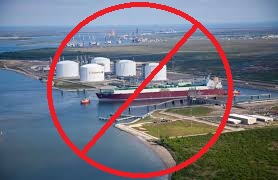By Jake Bolster, Inside Climate News, October 27, 2023
In the Delaware River Basin the DRBC thought that road spreading (actually disposal) of waste from “conventional” gas and oil wells should be allowed and that they should not even step up to regulate it – DCS disagreed! – so we sued them – filing a strong enough brief with extensive exhibits that they quickly (for DRBC!) withdrew their statements allowing this mistaken practice and we dismissed our lawsuit with the ability to re-open it if we need to – to protect the environment and our health.
There are many studies showing the insanity of allowing toxic, radioactive waste to be dumped into communities anywhere in PA, that even considering this as a possibility is – in word – nuts!
A gas industry advisory council to the Pennsylvania Department of Environmental Protection opened its meeting earlier this month by discussing the possibility of legalizing the spreading of toxic wastewater from conventional gas drilling on roads as a dust and snow treatment, despite studies showing the practice is potentially harmful to human health and the environment.
Spraying roads with “produced water,” highly saline wastewater containing proprietary drilling chemicals as well as benzene, arsenic and radium 226 and 228, both radioactive isotopes, has been outlawed in Pennsylvania since 2016, but only for fluid that comes from unconventional, or fracked, gas wells. The DEP issued a moratorium on spraying produced water from conventional wells onto roadways in Pennsylvania in 2018 after the practice was challenged before the state’s Environmental Hearing Board.
Scientists in Pennsylvania who study the chemical composition of produced water and its effects once spread on roadways have found that it is an ineffective means of suppressing dust and melting ice, and is potentially harmful to human health and the environment.






